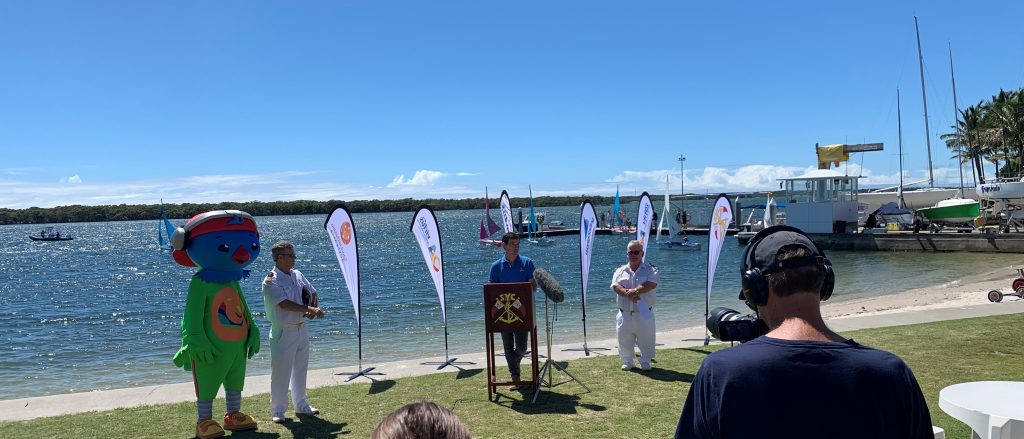
International Day of People with Disabilities 2021 is a fitting day to announce the inaugural Virtus Para Sailing World Championship to be held as part of the Official OAGames 2022 Sports Program, delivered by Sport Inclusion Australia in Queensland in November 2022.
The Championship is sanctioned by World Sailing and supported by Virtus World governing organisations who formed a partnership in 2019 and made a commitment to work together to grow a sustainable future for sailors with intellectual impairments.
For the first time, athletes with intellectual impairment can compete in a sanctioned World Championship in the Hansa 303 Class. This is a World event and hopes to attract sailors from every continent. At a media launch on 3 December 2021, at the venue of next year’s World Championship, the Gold Coast waterways glisten under blue skies, and was a beautiful vision to see sailors on the Hansa 303 boats, cruising the waters with the help of a cool breeze.
A World Championship deserves a World Class athlete and sailor at the helm. The announcement was made by none other than Australia’s most decorate sailor, Matthew ‘Mat’ Belcher OAM, three-time Olympic Medallist and the 2021 Australian Male Sailor of the Year as awarded by Australian Sailing.
Mat Belcher has taken on the role of Para World Sailing Ambassador and, as he made the announcement today, shared why this role is not only about giving back to community and to sailing, but he also has a personal connection. Mat has a young daughter with Down Syndrome and understand firsthand the challenges people with disabilities may face. Mat, as the Ambassador, hope to raise the awareness for sailing across all abilities, and leverage on his Olympic success to foster a growth in para sailing and for athletes with intellectual impairment.
It was a successful day that forged the partnerships between Sport Inclusion Australia, Virtus, World Sailing, Para World Sailing, Southport Yacht Club and Sailability Gold Coast. The Virtus Oceania Asia Games 2022 is setting the pace for another successful Games delivered by Sport Inclusion Australia.
Ms Robyn Smith, CEO of SIA and the Oceania Asia Games Organising Committee would like to acknowledge all the stakeholders on board and look forward to making the Championship and the OAGames 2022 a successful blueprint toward Sport for Humanity.
“When all levels of the Australian Government signalled their support for Sport Inclusion Australia, to host the Virtus OAGames in Brisbane, it allowed planning on what sports could be included,” Ms Smith said
“When approached by World Sailing to conduct the Para Sailing World Championship as part of the OAGames Sports Program, we were delighted as it further drives our mission – inclusion for all.”
“When Champion athletes generously give their time and energy to promote and elevate the inclusion of para-athletes on the world stage, it encourages people to become involved.”
Key stakeholders from around the world also gave praise for this event and showed their support.
Quotes from partners
Matthew Belcher, OAM, Para World Sailing Ambassador
“It is a real honour to be the World Sailing Ambassador. I am so lucky to have the opportunity to sail and do something I love every day, and as Ambassador, I want to champion how sailing can be for people of all abilities. I am blessed to be part of the Southport Yacht Club sailing community, and to announce the first official World Championship conducted for Athletes with intellectual impairment, in my hometown and local club, is just priceless.”
World Sailing President, Mr. Quanhai Li
“I am pleased to announce that Southport Yacht Club on Queensland’s Gold Coast in Australia will host the Inaugural Para Sailing World Championship for Athletes with Intellectual Impairment in November 2022. On behalf of World Sailing, I would like to extend an invitation to sailors with intellectual impairment from around the world to compete in these inaugural Championships. The inaugural Championships will be held as part of the Virtus Oceania Asia Games 2022, enhancing the opportunity for our sailors to be part of a major multi-sport event. I would like to thank Virtus and the Oceania Asia Games organisers for including sailing as part of the overall Games program.”
Virtus President, Mr Marc Truffaut
“Welcoming World Sailing to the Virtus family, signals a message of collaboration to grow and create new sport opportunities for elite athletes. We are committed to growing sailing for athletes with intellectual impairments and know that together, we can offer more high-level competition opportunities and make a huge impact around the world.”
Southport Yacht Club, Commodore Ken Tregeagle
“Southport Yacht Club has had a long and proud history of sailing on the Gold Coast since 1946. Hosting this internationally recognised world championship is a great honour for Southport and to also have our Olympic Champion Mat Belcher, as an Ambassador is a proud achievement for Mat, and equally a proud moment, to see one of our local sailors excel so greatly in world sailing. We are also very proud in having partnered with Sailability since 1997 and together we provide such a wonderful service to our community. Our Gold Coast waterways are amongst the best water ways in the world and these World Championships will certainly showcase them to the entire world.”
Contact
Robyn Smith, CEO Sport Inclusion Australia 0418 979 459 or robyn.smith@sportinclusionaustralia.org.au


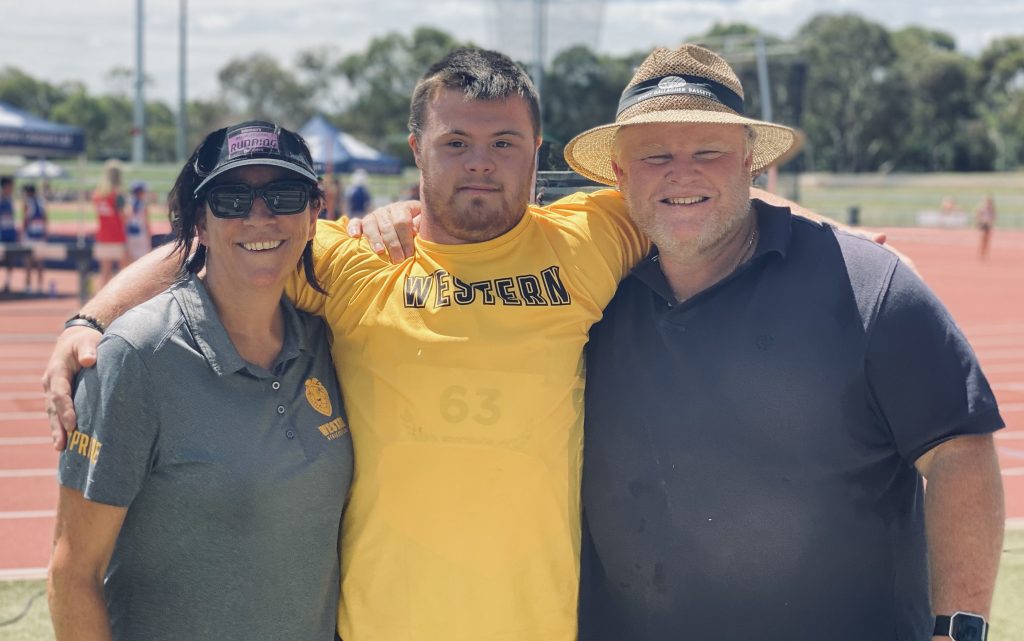
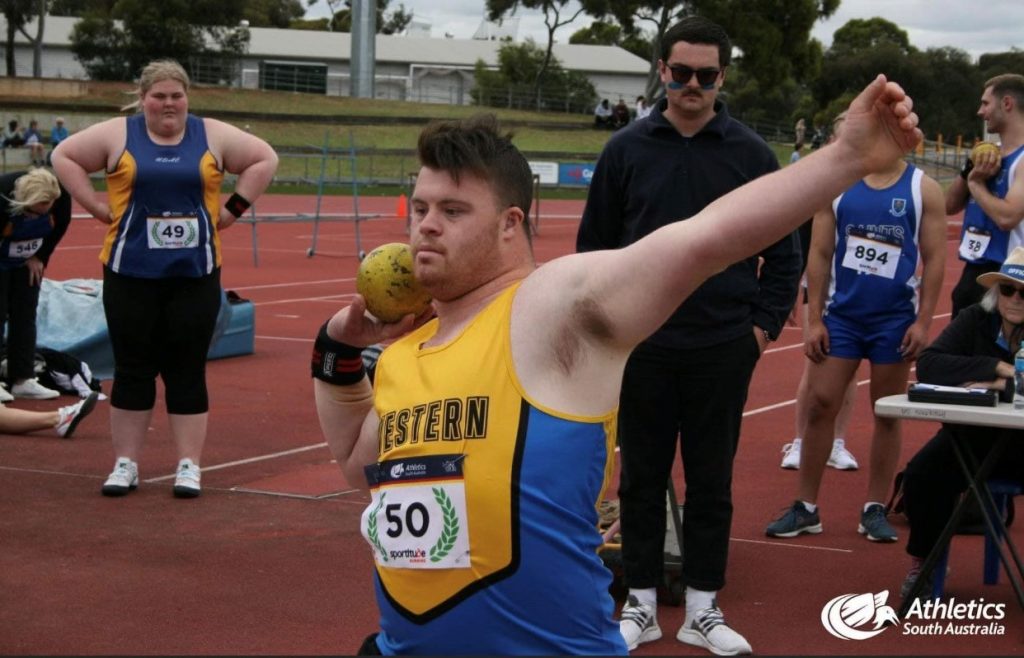 In 2019 Hugo represented Australia at the 2019 Virtus Global Games in the new II-2 class winning a Gold medal in the Discus and Silver in the shot put. In 2020 Athletics Australia also introduced the new class which provided a fairer competition for athletes with Down syndrome. At the National Championships in April this year Hugo won his first National title the Open Men’s Ambulant Discus and a Silver the ambulant Shot put.
In 2019 Hugo represented Australia at the 2019 Virtus Global Games in the new II-2 class winning a Gold medal in the Discus and Silver in the shot put. In 2020 Athletics Australia also introduced the new class which provided a fairer competition for athletes with Down syndrome. At the National Championships in April this year Hugo won his first National title the Open Men’s Ambulant Discus and a Silver the ambulant Shot put.

 The inaugural Virtus Oceania Asia Games 2022 in Brisbane is just one year away and has received welcomed support from all levels of Australian government.
The inaugural Virtus Oceania Asia Games 2022 in Brisbane is just one year away and has received welcomed support from all levels of Australian government.
 The Australian Sporting Alliance for People with a Disability (ASAPD) has welcomed the historic announcement overnight by the International Olympic Committee that Brisbane, South East Queensland has been awarded the hosting rights of the 2032 Olympic and Paralympic Games.
The Australian Sporting Alliance for People with a Disability (ASAPD) has welcomed the historic announcement overnight by the International Olympic Committee that Brisbane, South East Queensland has been awarded the hosting rights of the 2032 Olympic and Paralympic Games.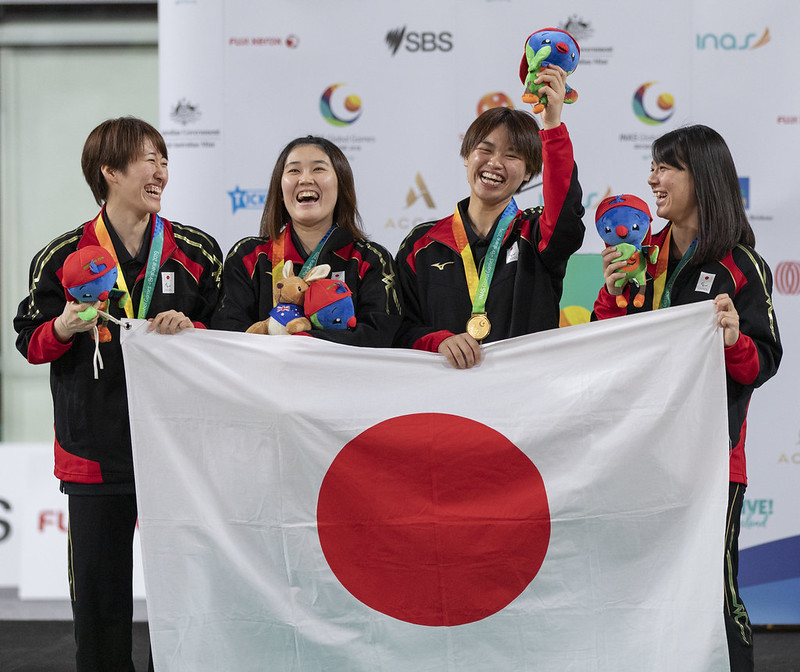
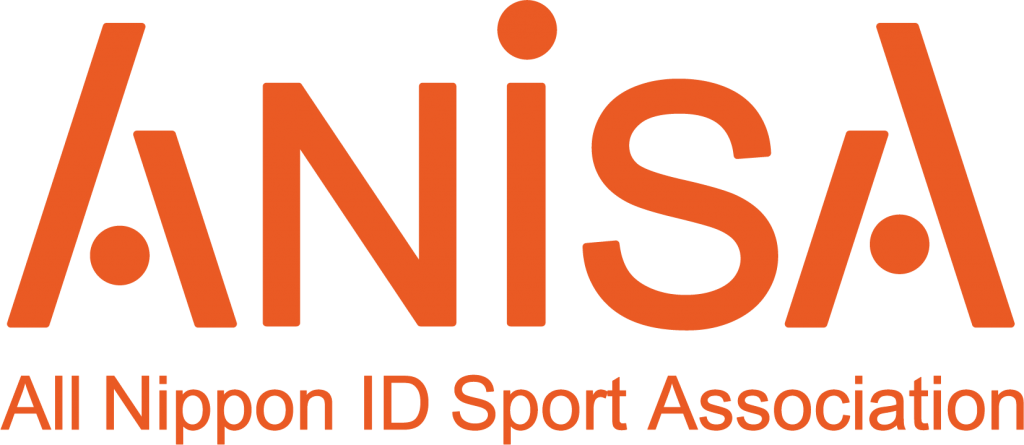 Leave No One Behind (Dare mo okizari ni shinai), is a one-year project in collaboration with All Nippon Intellectual Disability Sports Association (ANISA). The collaboration will see SIA and ANISA co-design a program to ensure that targeted participants with an intellectual impairment have access to sport opportunities in Japan, Australia and Internationally.
Leave No One Behind (Dare mo okizari ni shinai), is a one-year project in collaboration with All Nippon Intellectual Disability Sports Association (ANISA). The collaboration will see SIA and ANISA co-design a program to ensure that targeted participants with an intellectual impairment have access to sport opportunities in Japan, Australia and Internationally.
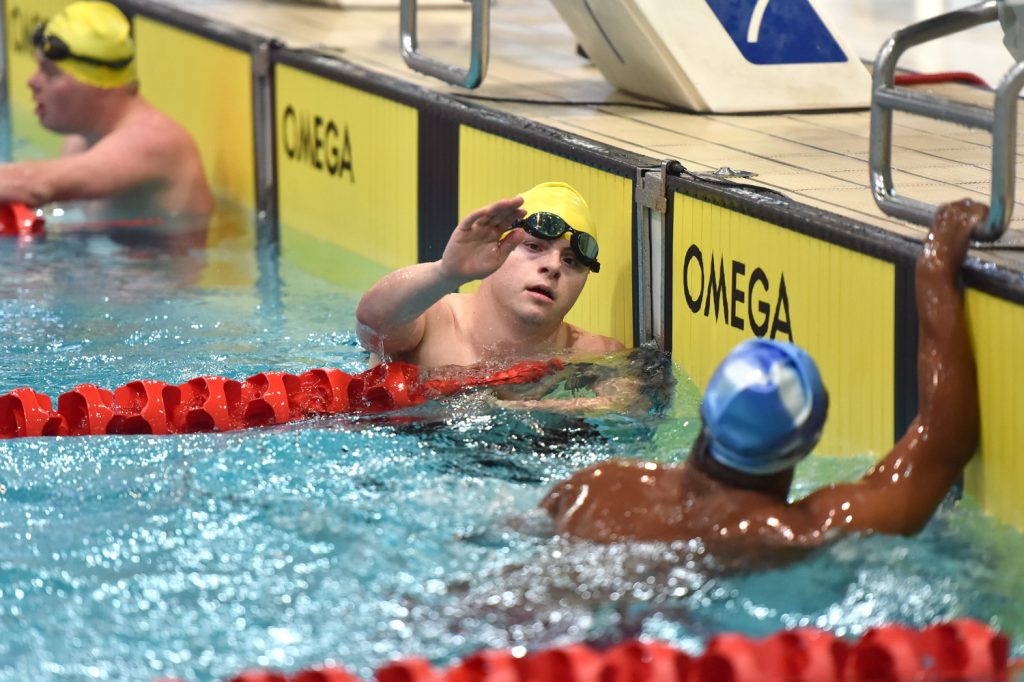
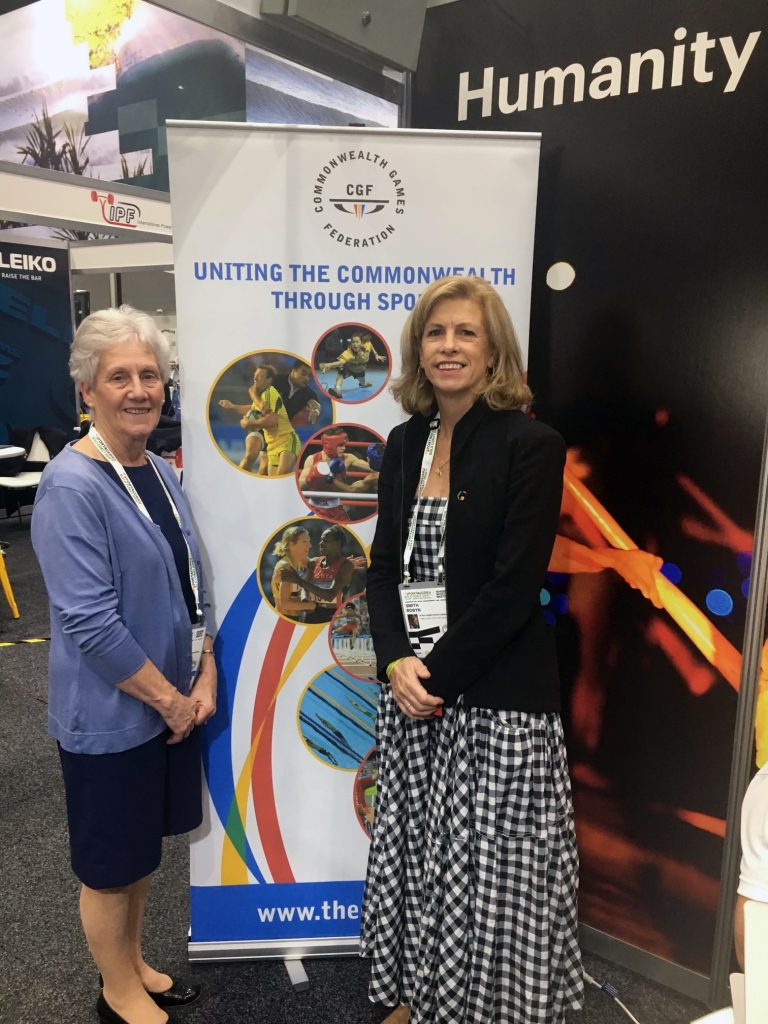

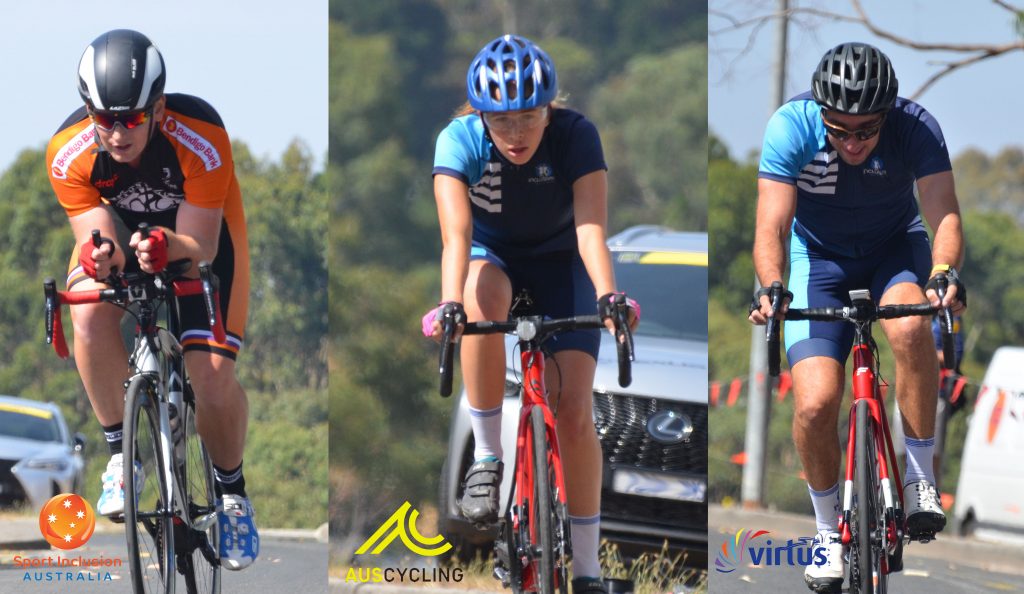

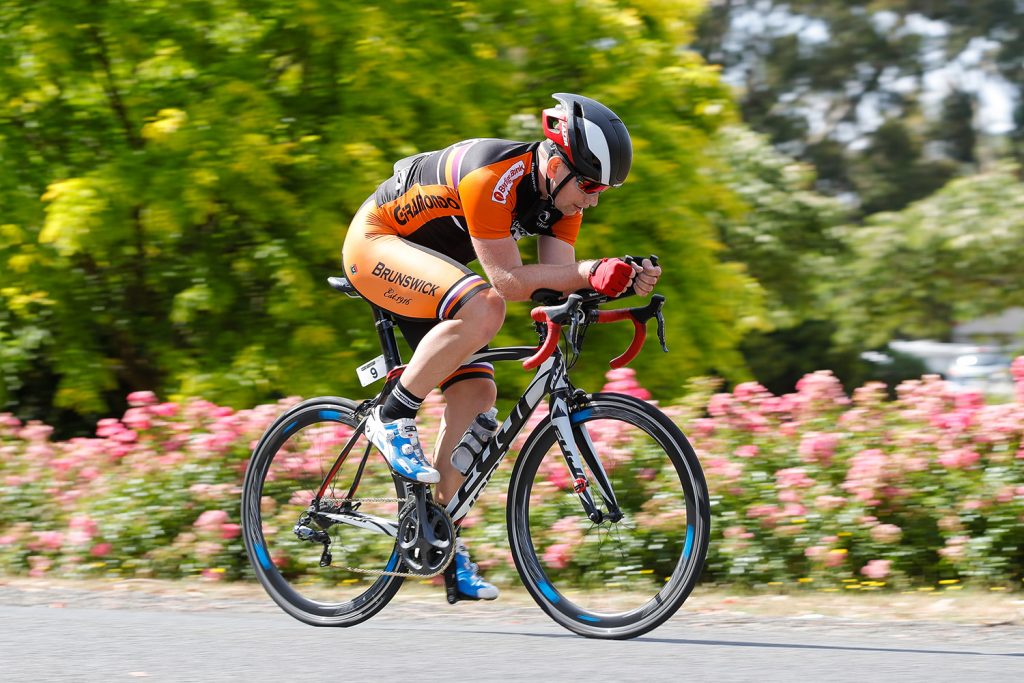
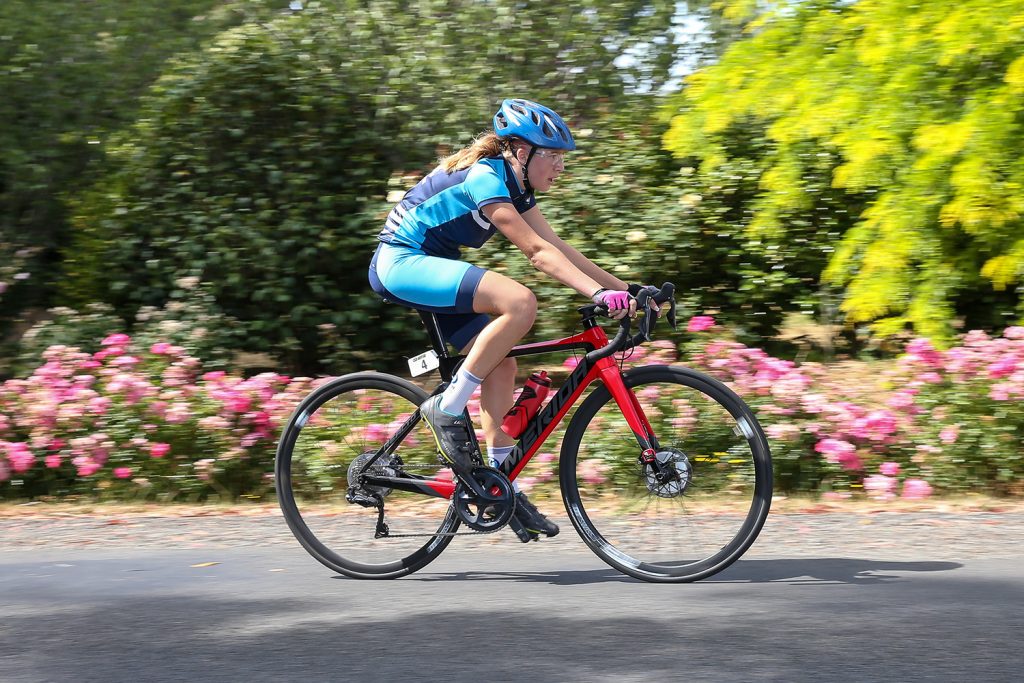

 The Australian Sporting Alliance for People with a Disability (ASAPD) acknowledges International Day of People with a Disability (IDPwD) and supports its aim to
The Australian Sporting Alliance for People with a Disability (ASAPD) acknowledges International Day of People with a Disability (IDPwD) and supports its aim to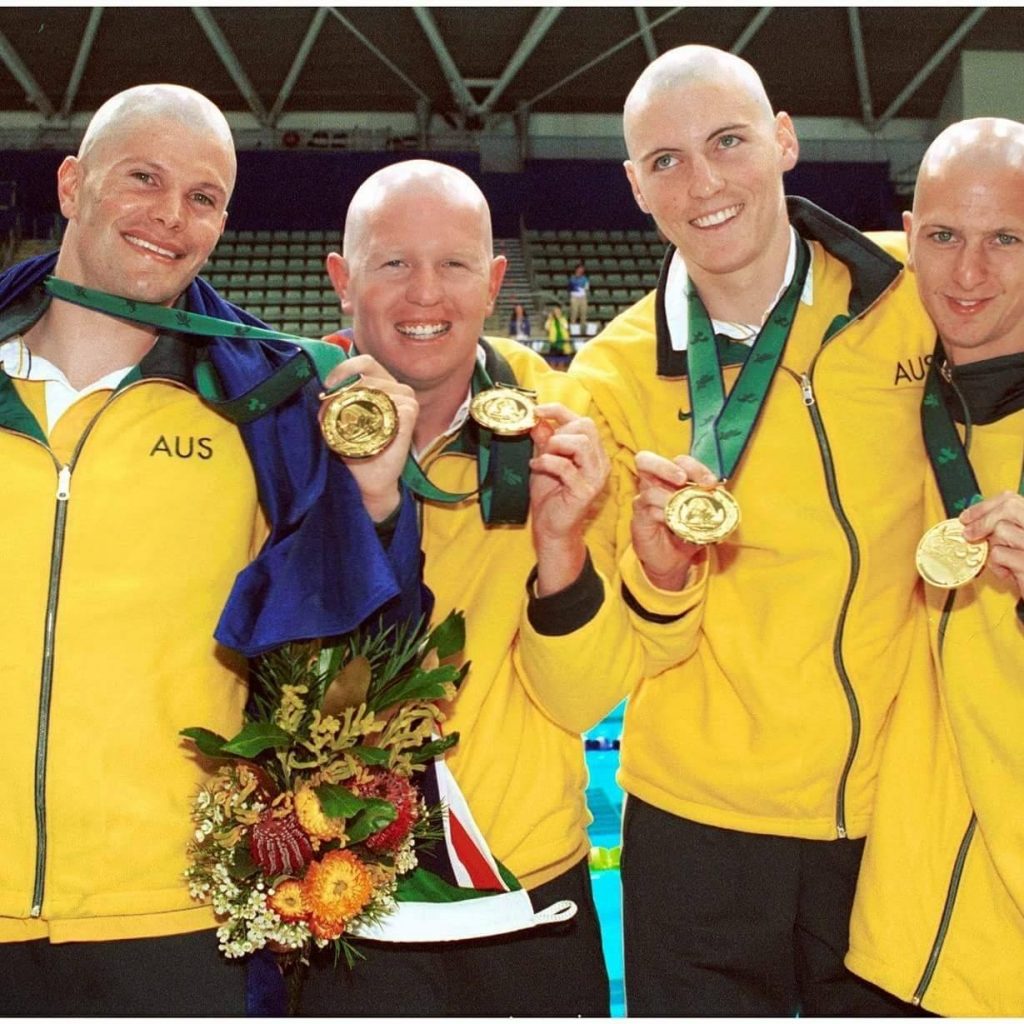
 The Sydney Olympics may have had the air guitar playing Australian 4 x 100m freestyle relay team, but the Sydney 2000 Paralympics had the awesome amigo’s.
The Sydney Olympics may have had the air guitar playing Australian 4 x 100m freestyle relay team, but the Sydney 2000 Paralympics had the awesome amigo’s.